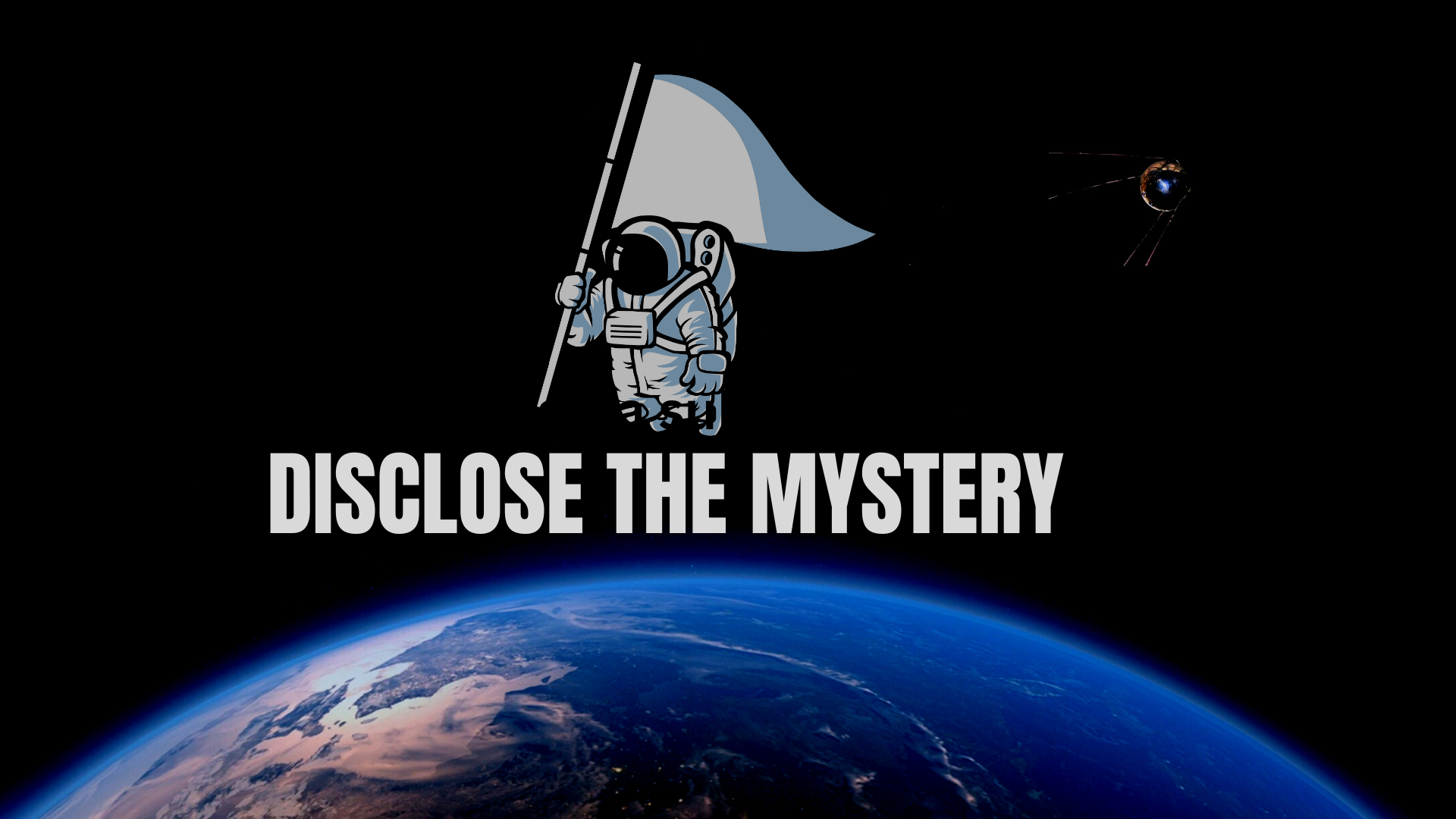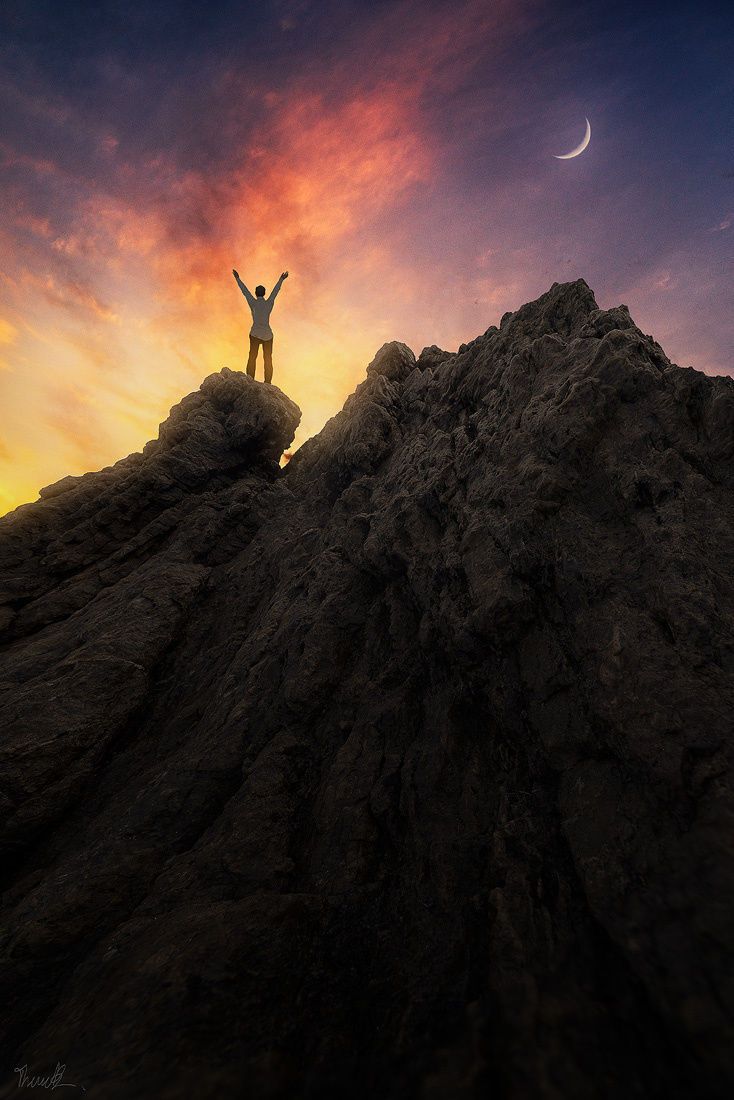Introduction:
Imagine waking up one day and stepping outside to find the night sky drastically different from what you’re used to. The moon, our constant companion in the dark, has suddenly disappeared from Earth’s orbit. This thought-provoking scenario raises numerous questions about the consequences such an event would have on our planet, its ecosystems, and human life. In this blog, we will explore the potential implications of the moon’s unexpected disappearance from Earth’s orbit.
The Cosmic Dance Disrupted
The moon’s gravitational pull plays a vital role in stabilizing Earth’s axial tilt, which in turn influences our climate, weather patterns, and daily rhythms. The lunar orbit is carefully balanced, keeping our planet in a state of equilibrium. If the moon were to vanish, this delicate balance would be disrupted, leading to a series of cascading effects on Earth.
Tidal Forces and Oceanic Consequences
One of the most immediate and noticeable changes would be the impact on Earth’s tides. The moon’s gravitational pull creates the ebb and flow of ocean tides. Without this force, the tides would be significantly affected, leading to drastic changes in coastal areas. The absence of tidal forces could also have a profound effect on marine life, as many species rely on tidal patterns for their survival.

Climate and Weather Patterns
The moon’s disappearance would also affect Earth’s climate and weather patterns. Its gravitational influence on the planet’s axial tilt helps regulate the seasons and global temperatures. Without this stabilizing force, Earth’s climate could become highly unpredictable, leading to extreme weather events and potentially causing irreversible damage to ecosystems and human societies.
Impact on Human Life and Society
The absence of the moon would have a profound effect on human life as well. Our calendar, based on lunar cycles, would become obsolete, and we would need to adopt a new system to measure time. Furthermore, the moon has been a source of inspiration and wonder for countless generations, and its sudden disappearance would leave a profound psychological impact on humanity.
The Search for Answers and Solutions
In such a scenario, scientists and researchers worldwide would be tasked with understanding the reasons behind the moon’s disappearance. Was it a natural occurrence, or the result of human activity? Answering these questions would be crucial in determining the future course of action.

The Role of Space Exploration and Colonization
The disappearance of the moon might also lead to a renewed focus on space exploration and colonization. As Earth’s climate and ecosystems face potential threats, humanity may be forced to look beyond our planet for survival. The development of advanced space technologies and infrastructure would become a top priority, paving the way for a new era of space exploration and colonization.
Conclusion:
While the sudden disappearance of the moon from Earth’s orbit is a hypothetical scenario, it serves as a reminder of the delicate balance that exists within our cosmic neighborhood. This thought experiment highlights the importance of understanding and respecting the forces that govern our planet and the universe. As we continue to explore the cosmos, we must remain vigilant in our efforts to protect and preserve Earth’s unique environment for future generations.

